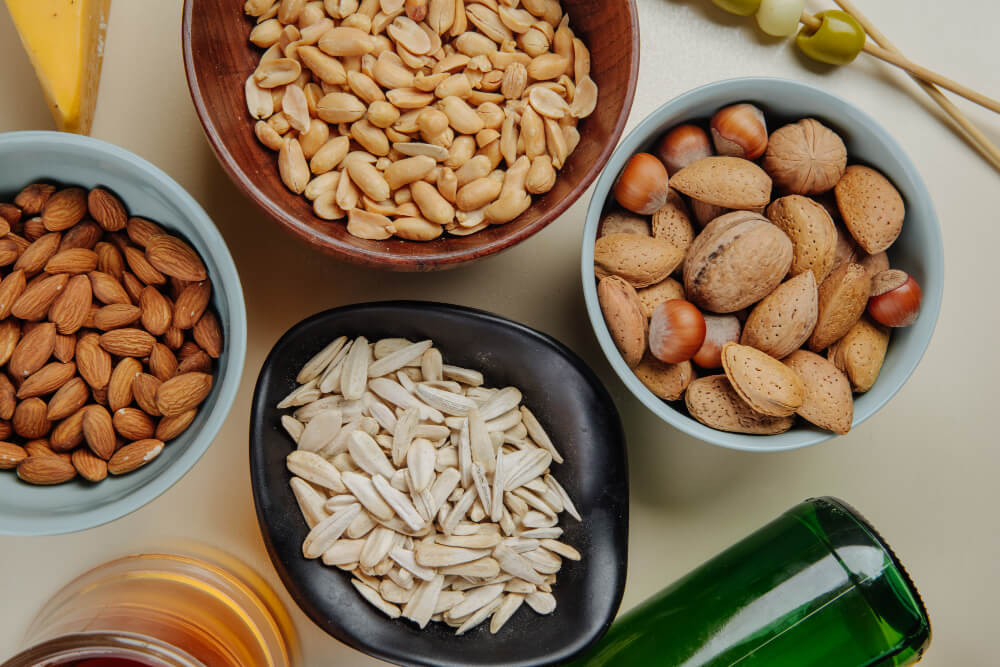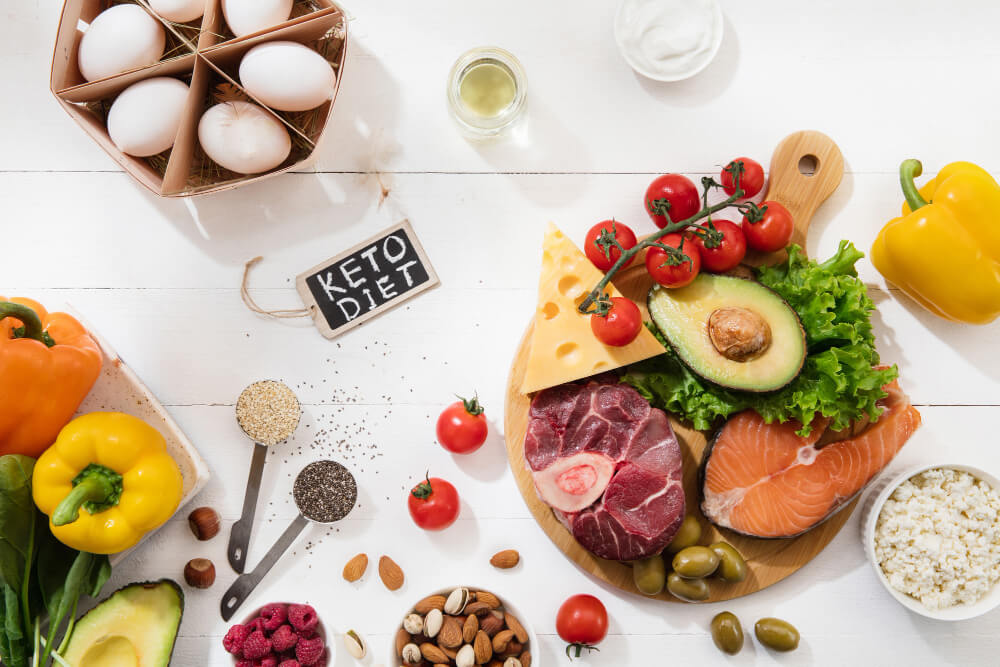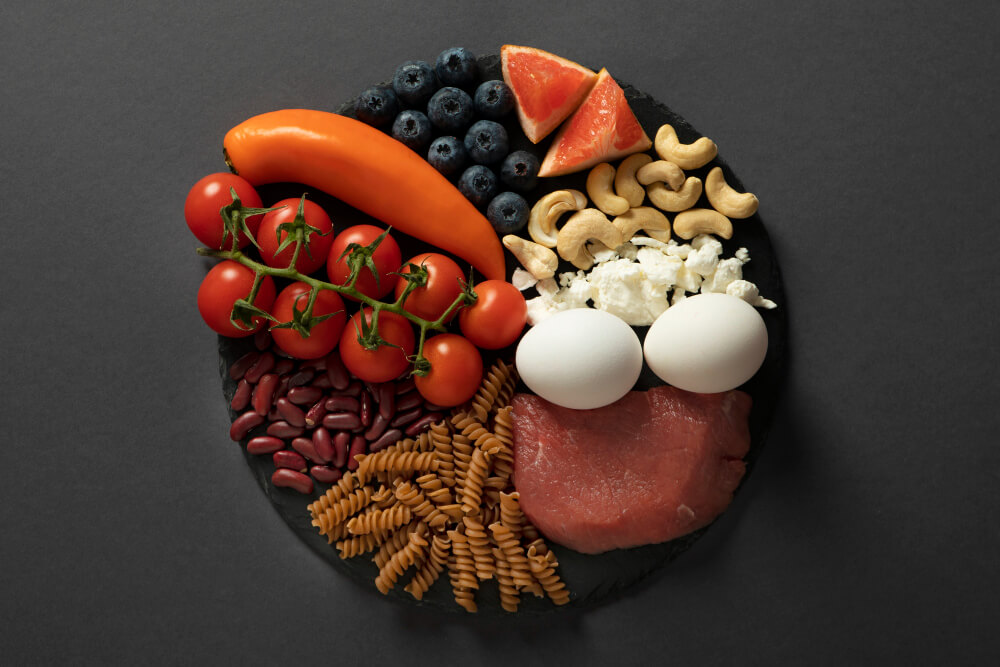In today’s fast-paced world, maintaining high energy levels and good health is crucial. The right foods can significantly impact how we feel and function daily. Eating nutritious foods can help improve our energy levels, support our immune systems, and promote overall well-being. This article will explore the best foods for health and energy, discussing their benefits and how to incorporate them into your diet.
Why Food Matters for Health and Energy?
The foods we eat play a vital role in our health and energy levels. Nutrient-rich foods provide essential vitamins, minerals, and antioxidants that support bodily functions. They can enhance our physical performance, improve mental clarity, and boost our mood.
Key Benefits of Eating Healthy Foods:
- Boosted Energy Levels: Foods rich in complex carbohydrates and healthy fats can provide sustained energy throughout the day.
- Improved Mood: Nutrient-dense foods support brain health, which can improve mood and reduce feelings of fatigue.
- Enhanced Immune Function: Foods packed with vitamins and antioxidants help strengthen the immune system, reducing the risk of illness.
Best Foods for Health and Energy
Incorporating a variety of nutrient-rich foods into your diet is essential. Here are some of the best foods for health and energy:
1. Whole Grains
Whole grains are a great source of complex carbohydrates, which provide sustained energy. They also contain fiber, helping regulate digestion and keep you feeling full longer.
- Examples: Brown rice, quinoa, oats, whole wheat bread
- Benefits: Stabilizes blood sugar levels and provides lasting energy.
2. Lean Proteins
Proteins are essential for building and repairing tissues. They also provide energy and help maintain muscle mass, which is vital for overall health.
- Examples: Chicken, turkey, fish, tofu, legumes
- Benefits: Supports muscle recovery and increases feelings of fullness.
3. Fruits and Vegetables
Fruits and vegetables are packed with vitamins, minerals, and antioxidants. They provide hydration and essential nutrients that contribute to overall health.
- Examples: Spinach, kale, berries, bananas, oranges
- Benefits: Boosts immune function, improves digestion, and enhances skin health.
4. Nuts and Seeds
Nuts and seeds are rich in healthy fats, protein, and fiber. They make excellent snacks that provide quick energy without a crash.
- Examples: Almonds, walnuts, chia seeds, flaxseeds
- Benefits: Supports heart health and provides long-lasting energy.
5. Dairy or Dairy Alternatives
Dairy products are rich in calcium and protein, while dairy alternatives can provide similar benefits. Both can help maintain bone health and provide energy.
- Examples: Greek yogurt, cheese, almond milk
- Benefits: Aids in muscle recovery and bone strength.
6. Healthy Fats
Incorporating healthy fats into your diet is essential for energy and overall health. They provide a concentrated source of energy and help absorb fat-soluble vitamins.
- Examples: Avocado, olive oil, fatty fish (like salmon)
- Benefits: Supports brain health and reduces inflammation.
How to Incorporate These Foods into Your Diet
1. Meal Planning
Creating a meal plan can help ensure you include a variety of these energy-boosting foods.
- Tip: Aim to fill half your plate with fruits and vegetables at every meal.
2. Healthy Snacking
Keep healthy snacks on hand to maintain energy levels throughout the day.
- Examples: Carrot sticks with hummus, a handful of nuts, or Greek yogurt with fruit.
3. Cook at Home
Cooking meals at home allows you to control ingredients and ensure you’re eating nutrient-rich foods.
- Tip: Experiment with whole grains, lean proteins, and plenty of vegetables in your meals.
Comparison Table of Best Foods for Health and Energy
| Food Group | Examples | Key Benefits | Ideal For |
|---|---|---|---|
| Whole Grains | Brown rice, quinoa, oats | Stabilizes blood sugar, provides lasting energy | Sustained energy throughout the day |
| Lean Proteins | Chicken, fish, legumes | Supports muscle recovery, increases fullness | Post-workout recovery |
| Fruits & Vegetables | Spinach, berries, bananas | Boosts immunity, improves digestion | Snacks or side dishes |
| Nuts & Seeds | Almonds, chia seeds | Supports heart health, long-lasting energy | Healthy snacks |
| Dairy/Alternatives | Greek yogurt, almond milk | Aids in muscle recovery, bone strength | Breakfast or snacks |
| Healthy Fats | Avocado, olive oil | Supports brain health, reduces inflammation | Salad dressings or cooking |
What is the best food for instant energy?
Conclusion
Incorporating the best foods for health and energy into your daily diet is a simple yet effective way to enhance your overall well-being. By focusing on whole grains, lean proteins, fruits, vegetables, nuts, seeds, dairy, and healthy fats, you can fuel your body and mind for better performance and vitality. Remember, small changes can lead to significant improvements in your energy levels and overall health, so start today!
FAQs
How can I maintain my energy levels throughout the day?
To maintain energy levels, focus on eating balanced meals with a mix of carbohydrates, proteins, and healthy fats. Avoid sugary snacks, which can cause energy crashes.
Are there any foods I should avoid for better energy?
It’s best to limit foods high in added sugars and refined carbohydrates, such as sugary drinks and pastries, as they can lead to energy crashes.
How often should I eat for optimal energy?
Eating smaller, balanced meals or snacks every 3-4 hours can help maintain steady energy levels throughout the day.
Can hydration affect energy levels?
Absolutely! Staying hydrated is crucial for maintaining energy levels, as even mild dehydration can lead to fatigue and decreased performance.



![Sourdough vs Whole Wheat]](https://readits.com/wp-content/uploads/2024/09/Sourdough-vs-Whole-Wheat.png)